WHO WILL SAVE US??

The committee, which must be appointee by August 16, 2011, will consist of twelve members of Congress, six from the House of Representatives and six from the Senate, with each delegation to be evenly divided between Democrats and Republicans.
|
| Democrats | Republicans |
|---|---|---|
| Senate members |
| |
| House members |
|
THE DEMOCRATS
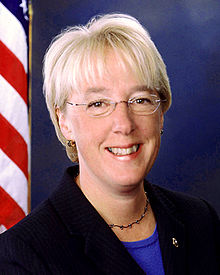
Washington's first female senator

the longest-serving Senator from Montana
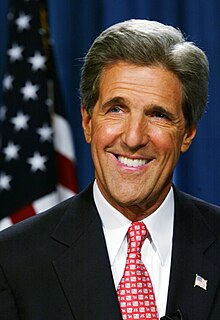
combat medals to include the Silver Star, Bronze Star, and three Purple Hearts.

the third-ranking Democrat in the House

B.A. in economics from Stanford University and his J.D. from Stanford Law School

chairman of the Democratic Congressional Campaign Committee
AND THE REPUBLICANS

worked in Phoenix, Arizona as a lawyer and lobbyist before winning election to the United States House of Representatives, where he served from 1987 to 1995

elected to the United States Senate on November 2, 2010.
was hired by Chemical Bank in 1984, where he was involved in currency swap transactions. In 1986, Toomey was hired by Morgan, Grenfell & Co., where he dealt in multiple foreign currencies, interest rates, and currency-related derivatives.[5] In 1991, Toomey resigned from the firm when it was acquired by Deutsche Bank in order to avoid the decreased flexibility and entrepreneurship that the acquisition would have caused.[5] The same year, Toomey and two younger brothers, Steven and Michael, opened Rookie's Restaurant in Allentown, Pennsylvania.[5] In 1994, aged 32, Toomey was elected to Allentown's newly established Government Study Commission. During his term, Toomey drafted a new charter for the Commission requiring a super-majority for any tax increase.[6] The charter was approved by Allentown voters on April 23, 1996.
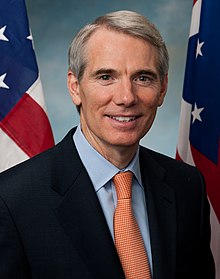
Portman served in two federal cabinet positions under the administration of President George W. Bush. From May 2005 to May 2006, he was the U.S. Trade Representative. From May 2006 to June 2007, he was Director of the Office of Management and Budget (OMB).

A December 31, 2005 article in National Review profiled his work as the country's "budget nanny", saying that he has replaced his mentor, former Senator Phil Gramm, in this role. Hensarling's proposed legislation is said to intend to force Congress to "decide how much money they can afford to spend, and then prioritize within those limits." The article says that "the chief problem with any proposal to reform the budget process is that it excites almost nobody."

He attended the University of Sussex, Brighton, England, 1973–1974 and earned his B.A., magna cum laude, in 1975 from Albion College in Albion, Michigan. He earned a J.D. from the University of San Diego School of Law in 1978.
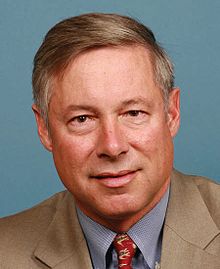
He served on the congressional staff of Michigan Congressman David Stockman from 1976 to 1980, and then in the Office of Management and Budget (OMB) under Ronald Reagan from 1981 to 1985

He led successful efforts to raise the tobacco tax, prohibit oil drilling in the Chesapeake Bay, mandate trigger locks for guns, and increase funding for education and healthcare.[1] In 2002, The Washington Post called Van Hollen "one of the most accomplished members of the General Assembly."[6]
If the committee fails to agree on a package or the full Congress fails to pass it, a so-called "trigger mechanism" would enact $1.2 trillion in automatic spending cuts to serve as the second installment of deficit reduction measures.[8]
A second debt ceiling increase of $500 billion would occur regardless of whether Congress passes the joint committee's proposal, but subject to a congressional resolution of disapproval if it is not passed.
Fourteenth Amendment to the United States Constitution
Section 4. The validity of the public debt of the United States, authorized by law, including debts incurred for payment of pensions and bounties for services in suppressing insurrection or rebellion, shall not be questioned. But neither the United States nor any State shall assume or pay any debt or obligation incurred in aid of insurrection or rebellion against the United States, or any claim for the loss or emancipation of any slave; but all such debts, obligations and claims shall be held illegal and void.World Depression: Special Report

Analysis of Financial Terrorism in America
Dollar at lowest against Swiss Franc in 40 years
Post S&P Downgrade, Chicagoans Take to Streets, Demand Arrest of Bankers
Illinois Shutting Down Artisan Ice Cream Makers for Crime of Using Fresh Fruit






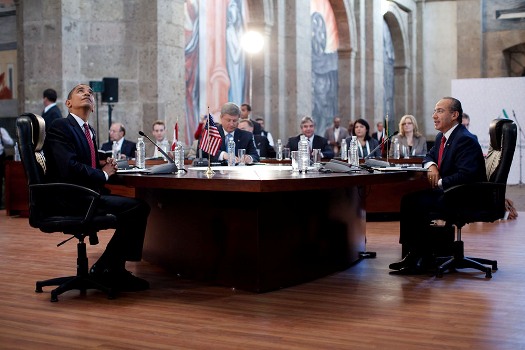
No comments:
Post a Comment